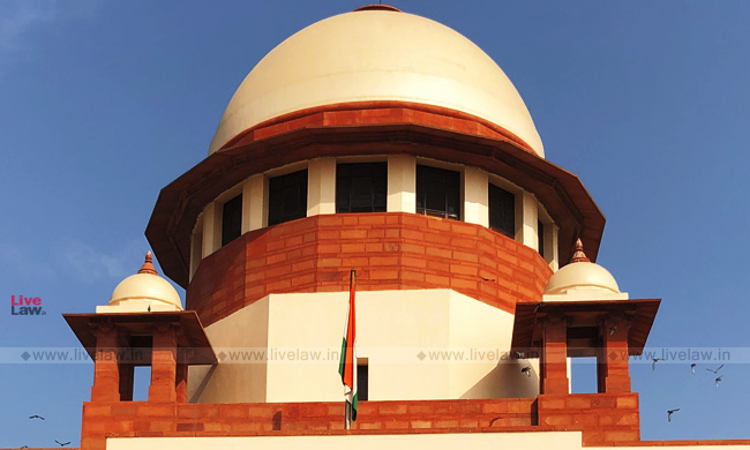In the wake of the upcoming local bodies polls in Gujarat, the Supreme Court on Tuesday agreed to hear finally the challenge to the constitutionality of the state Rules on elections to the municipal corporations from January 19.The bench headed by Justice Ashok Bhushan was hearing the SLP preferred against the July 29, 2015 decision of the Gujarat High Court dismissing the challenge to the...

